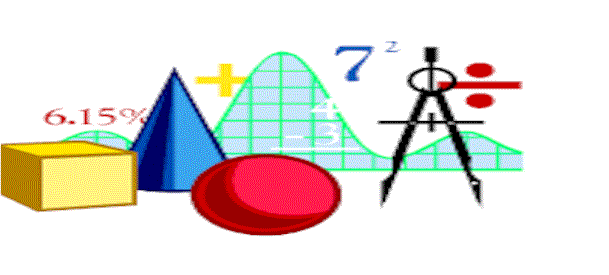
Example Dictionary sort 004

|
Example Dictionary sort 004
|
Notes and Hints
Returns:
Returns:
Returns:
Returns:
Here are examples of the sort function at work.
Here is the link to the current function used in this example.
Here are a number of links to other related functions.
| binarySearch(#void) | ref(#void) | setq(#void) | binarySearch(#void) |
Here are the links to the data types of the arguments used in this example. Here are a number of links to examples having similar argument types.
Dictionary

|
Analytic Information Server (AIS)AIS Component Systems
|